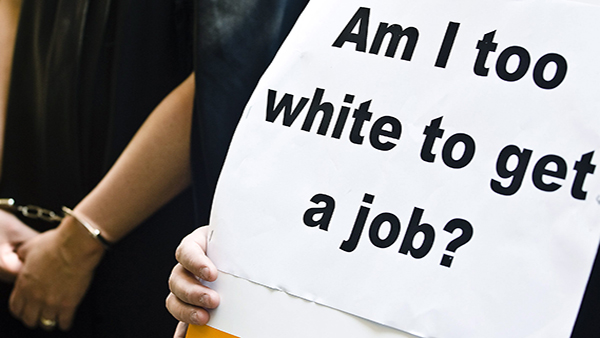Since the dawn of democracy in 1994, Parliament has passed a number of new laws that deal with labour issues, this was to improve the working conditions of the workers among other things.
At a time that South Africa celebrates Labour Month, we look at some of the progress the country has made in promoting workers’ rights.
South Africa’s Constitution now goes far in assuring workers’ rights, such as the right to strike.
The Labour Relations Act, which came into effect on 11 November 1996, intends to bring labour law into conformity with the Constitution and with the international law.
It recognises and regulates the rights of workers to organise and join trade unions, and the right to strike. It guarantees trade union representatives access to the workplace and regulates the right of employers to lock workers out in certain situations.
It also facilitates collective bargaining and makes provision for bargaining councils.
The Employment Equity Act of 1998, this legislation, which came into effect on 9 August 1999, prohibited unfair discrimination on grounds of race, gender, sex, pregnancy and marital status, among other things. Affirmative action, however, is allowed.
The advances made in the South African workplace have shown the country’s commitment to improving the quality of the freedom that workers currently enjoy.
Workers now benefit from the Unemployment Insurance Fund, maternity leave, sick leave and others.
Government, for its part in recognition of the workers’ rights, declared the month of May, Workers’ Month.
In commemoration of this year’s Workers’ Month, the Department of Labour interacted and shared information with the workers about the services it provides.
In South Africa, Workers’ Day has been officially observed since 1994. The government remains committed to ensure the welfare and good conditions of service for workers.
To achieve this, government has put in place progressive labour legislation and key programmes in line with the Constitution. Labour law prevents discrimination, including workplace discrimination.
Launching this year’s Workers Month, Labour Minister Mildred Oliphant said the 2017 Workers’ Month would be used to take stock and celebrate how far as a country and government have come in a quest for social justice through labour relations dispensation.
“Our labour laws tick all the right boxes on all fronts and these calls for celebration by none other than the workers themselves.
“We are satisfied that through various forms of engagements, we have taken a realistic pulse on what needed to be done and we have by and large, stayed as close as possible to the spirit and a letter of what is prescribed in the International best practice conventions, and our own constitution.” the minister said.
“The Definition of dismissal has changed, in terms of Section 186 a dismissal is no longer just limited to the termination of a contract of employment by an employer, but termination of any employment.
“This means that, where an employee is stationed with the client of a labour broker, and the client decides to terminate his employment, the employee can refer the client to the CCMA irrespective of the contract with the labour broker, due to the fact that the employment relationship is between the employee and the client,” the minister said.
Minister Oliphant said employees participating in protected strike action may be permitted to picket not only at their employer’s premises, but also at premises owned or controlled by other parties.
“This change in the law will, for example, entitle the employees of a labour broker to picket at the client’s premises.
Also playing a role in improving the lives of the workers was the National Economic Development and Labour Council’s (NEDLAC) Committee of Principals which was established to look into the wages of farm workers.
The committee, led by the Deputy President Cyril Ramaphosa after consulting with the various stakeholders in the farming sector reached a conclusion that there was a need for salary adjustment for the workers.
The CoP comprises leaders of business, labour, community and government. The outcome of the committee was in favour of the workers.
Deputy President Ramaphosa, after consultation with all the stakeholders in the labour sector, announced that the national minimum wage has been set at R20 per hour or R3500 per month for those that work a 40-hour week.
Those who work a 45-hour week will have their minimum wage set at R3900.
The new minimum wage will come into effect on 1 May 2018.
“The national minimum wage, which is a floor below which no worker will be paid, will significantly improve the lives of millions of low-paid workers and begin to address the challenge of wage inequality in our country.
“At its introduction next year, South Africa will join several countries around the world that have implemented a national minimum wage as an instrument of economic as well as social development.
“The social partners have agreed to set the national minimum wage at a level that has meaningful impact on the wages of the lowest paid worker, while minimising any negative impact on employment,” said Deputy President Ramaphosa earlier this year.
The agreements restore the dignity of all poor South Africans.
The Deputy President said 6.6 million workers were living on a living wage of under R3500 and that there is a need to begin a journey of improving the income of low-paid workers.
Source: https://southafricatoday.net/south-africa-news/assessing-workers-rights-in-south-africa/

